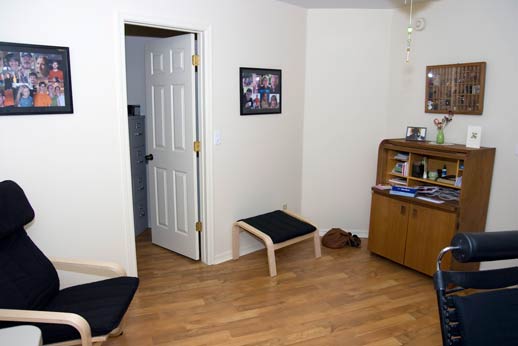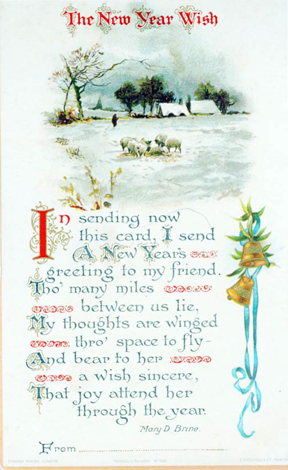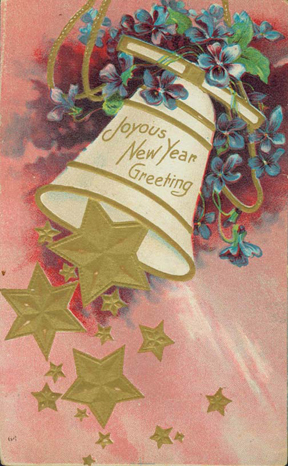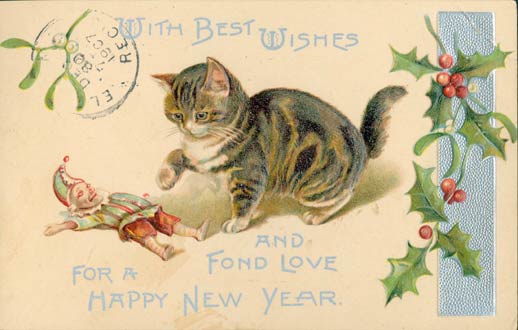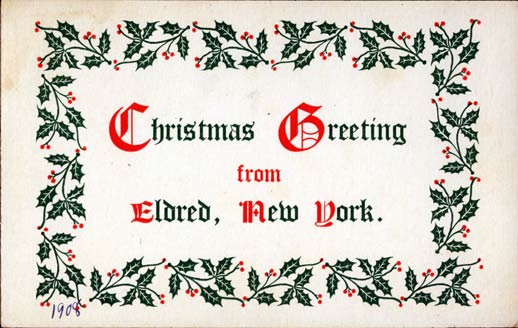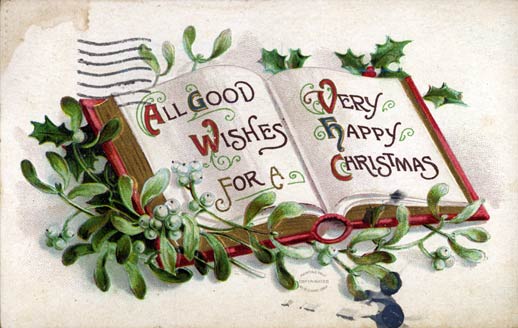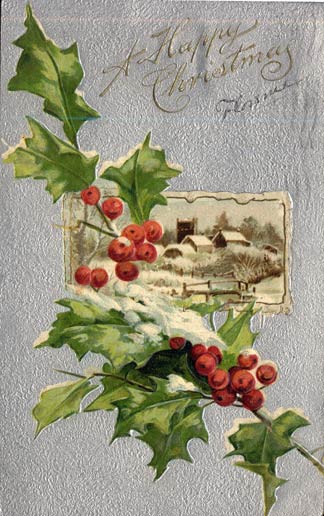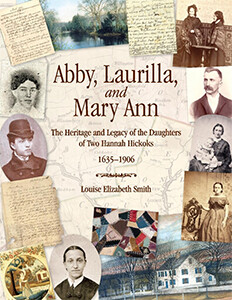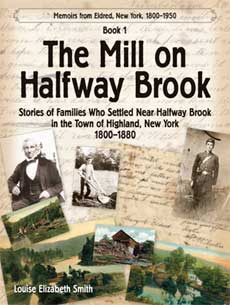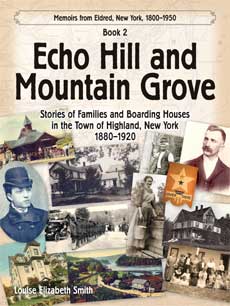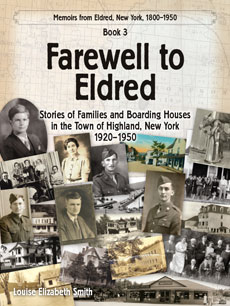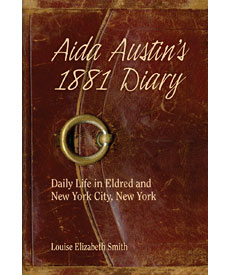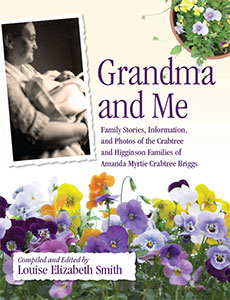I am back working my fourth time through Echo Hill and Mountain Grove. I am now on chapter 4. I will need to go through at least one more time before handing the file to my husband, Gary, for his professional book design help.
Along with the information I already had from the Austin/Leavenworth archives, I have some super photos from Minisink Valley Historical Society that coincide with two biographies I have of men who wrote about life in the area in the 1880s.
I was also given permission from another source to use some excellent photos of the area and some people who lived there from about 1900 to 1910.
Recently I was given photos and information about the Tethers, Toaspern, Straub, and Bosch families.
All this really adds to EHMG being packed full of interesting stories, letters, and photos. I think I mentioned that because of so much information, EHMG ends at 1920 now, instead of 1935.
If you have any information about any of these families or Boarding Houses, I would be happy if you would drop me an email at: info at halfwaybrook dot com or just add a comment to my post.
I am very appreciative for all the information, photos, biographies, and behind-the-scenes help from so many people. Thank you so much!


